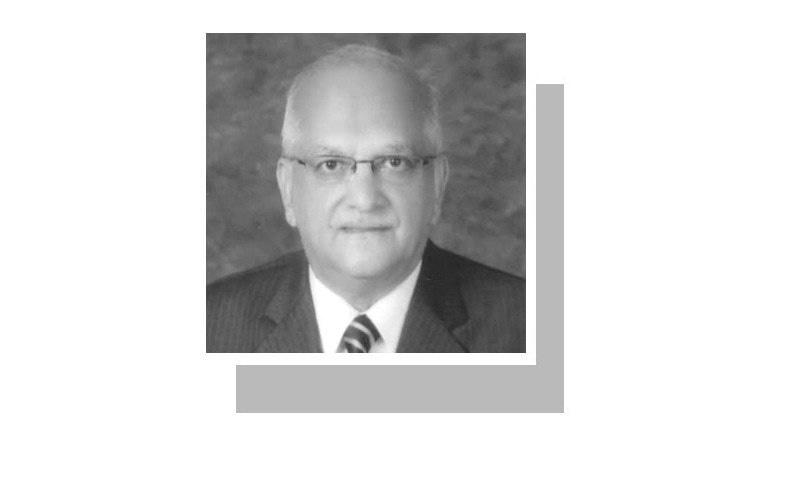
INDUSTRIAL relations (IR) play a significant role in meeting an entrepreneur’s production targets in a manufacturing unit. Cordial relations boost output, while nagging disputes not only adversely impact productivity but can also end up in a disaster for the organisation. When an entrepreneur sets up an industry, the foundations of IR are simultaneously laid.
Collective bodies of workers in industrial and commercial establishments are represented by trade unions and their collective bargaining agents that possess vast powers to negotiate the terms of their employment. Hence, trade unions have become an integral factor in production and distribution of goods and services.
The need to have unions arose on account of the dynamics of the labour market and exploitation of workers by their employers. Sidney and Beatrice Webb define the trade union as “a continuous association of wage-earners for the purpose of maintaining or improving the conditions of their working lives”.
The evolution of collective bargaining rights has been patchy.
The origins of unions in France, Germany, the UK and US were unpleasant, as such collectives were declared illegal in the 18th century. Judges punished members of trade unions and strike participants with imprisonment and fines. Britain enacted the Combination Acts, 1799 and 1800, prohibiting workmen from combining.
In all countries, trade unions have gone through three stages: suppression, limited acceptance and tolerance, and general acceptance and recognition. But today’s unions are not at the same stage of development everywhere. While they are in the third stage in industrially advanced capitalist democracies, in Pakistan they are still in the second stage.
During the Cold War, trade unions occupied an altogether different position and status in communist USSR, representing the workers freed from exploitative employers. A majority of Pakistan’s trade unions believed in socialist and Marxist ideologies till the 1980s.
In the subcontinent, businessmen started setting up industries in the second half of the 19th century. However, even after the establishment of the first cotton mill in Calcutta in 1851, the process of industrialisation did not gain momentum. Since the concept of trade unions had not taken root, the working and living conditions of workers were abysmal; they would resort to strikes in the fight for improved wage rates.
The establishment of the International Labour Organisation in 1919 and the formation of the All-India Trade Union Congress in 1920 boosted the trade union movement. By then, unions had been formed in almost all important industries such as railways, docks, textile, engineering and mining. In the beginning, 64 trade unions with a total membership of 140,854 workers were affiliated with AITUC.
On independence, Pakistan had few industries but inherited the strong railways and ports unions. M.A. Khan, a Punjab station master, had been organising the railway workers since 1919 and his United Union of Railway Workers had a long history as a staunch affiliate of the All-India Railways Federation.
Another source of labour strength was among the Karachi port authority workers. In 1928, the Karachi Port Trust Labour Union was formed, and by 1934 had gained so much strength that it had regular monthly meetings with the management for dispute settlement. Another union, the Karachi Port Workers Union, was formed by the labour engaged in loading and unloading vessels. Although an affiliate of the moderate Indian Federation of Labour, it was a militant union under M.A. Khatib, a seasoned trade unionist, and resorted to a series of strikes on its formation in 1930.
The All-Pakistan Confederation of Labour was formed in 1950 with Khatib as its president for around two decades. In a census conducted in 1960, the unions of railway workers had 93,841 members nationally, and those in Karachi’s docks and ports had 20,784. The strong Pakistan Railway Workers Union was led by communist Mirza Ibrahim for around 30 years till 1982, when it was toppled in a referendum by the union affiliated with the National Labour Federation headed by Shafi Malik.
Despite industrialisation in the 1960s, the role of unions and their federations remained dormant due to martial law. However, from the industrial labour upheaval of the 1970s and the growing number of registered trade unions in the 1980s emerged powerful leaders with vast support from workers across Pakistan. These included Shafi Malik, S.P. Lodhi of the Pakistan Mazdoor Federation, Muhammad Shareef of the Pakistan National Federation of Trade Unions, Nabi Ahmed of the United Labour Federation and Kaneez Fatima of the Pakistan Trade Union Federation.
Their successors have yet to make their presence felt. They need to play an effective role, at least in persuading the federal and provincial governments to remove the mess in workers’ welfare labour laws.
The writer is an industrial relations professional.
Published in Dawn, December 27th, 2017











































Dear visitor, the comments section is undergoing an overhaul and will return soon.